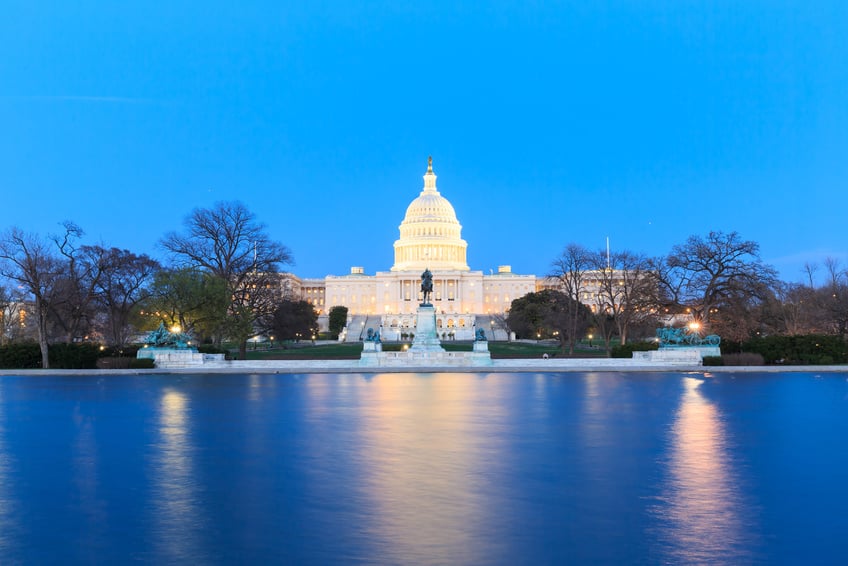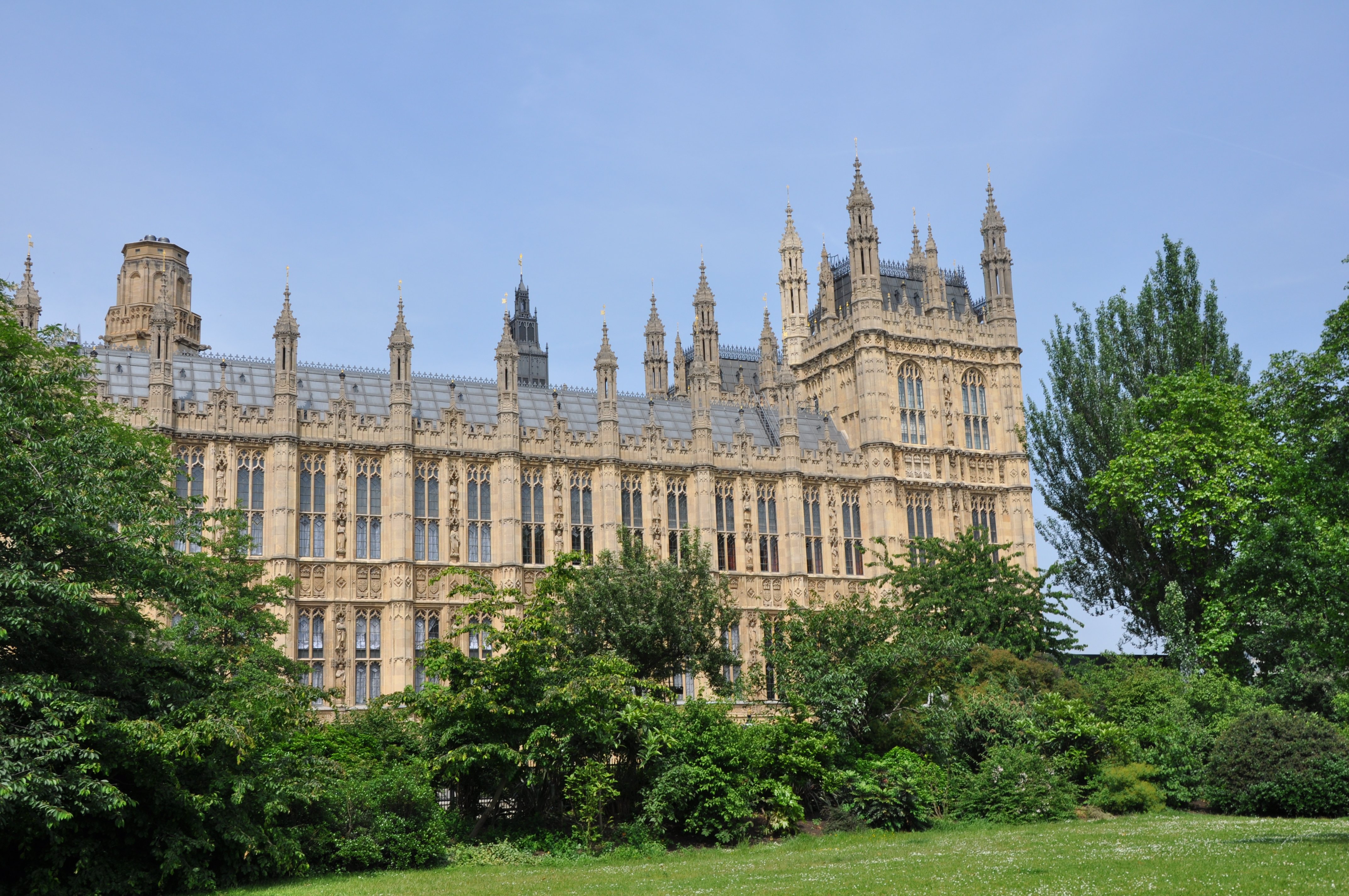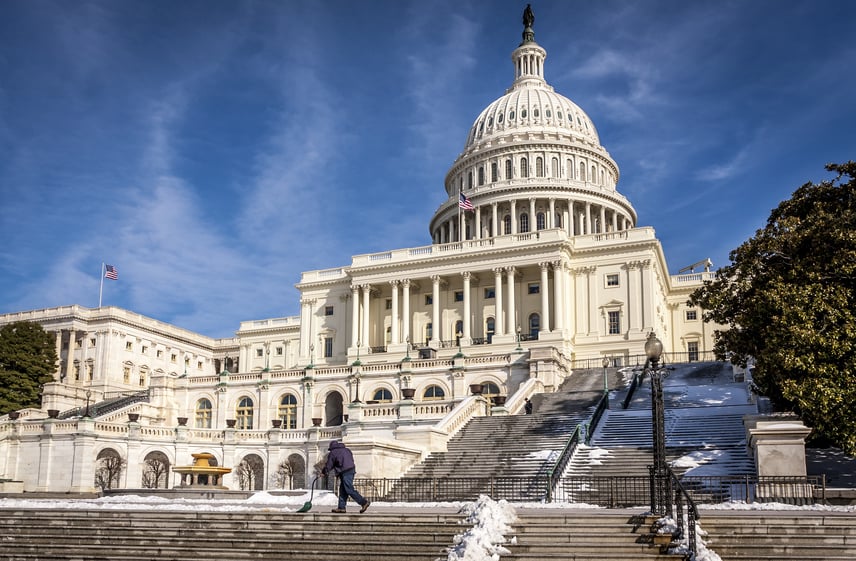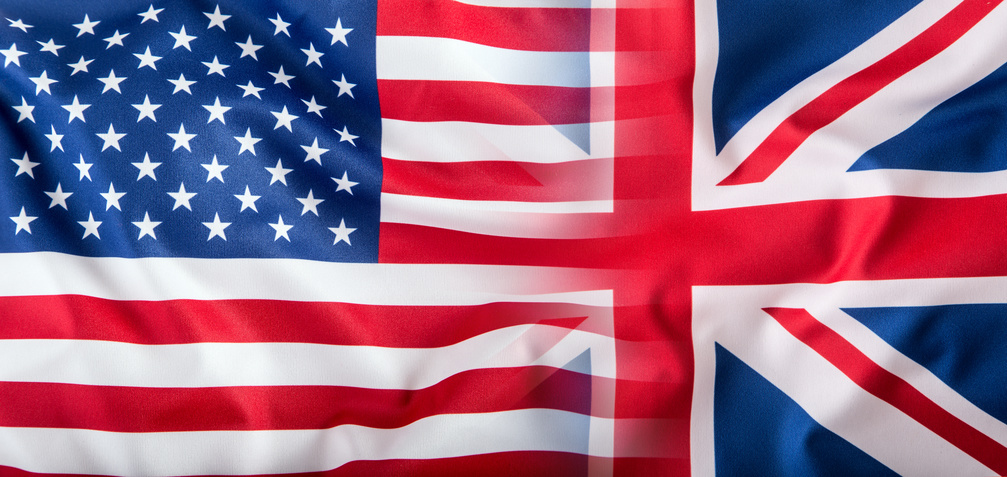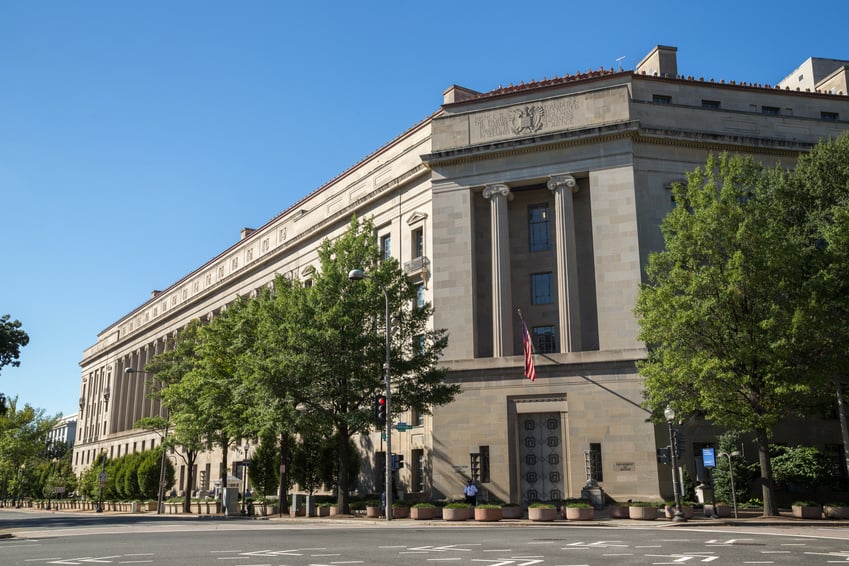The DOJ and the SEC recently published a Second Edition of their joint Resource Guide to the US Foreign Corrupt Practices Act. While the Second Edition does not promulgate any new law or policy, it is a useful refresher for practitioners on the significant FCPA cases and developments in the past eight years since the first edition was published. The Resource Guide once again provides a current and comprehensive overview of the core US enforcement agencies’ views on the statute for companies and practitioners. This article highlights key changes in the Second Edition of the Resource Guide.
DOWNLOAD ALERT On 3 October 2019, the United Kingdom and the United States signed a first-of-its-kind Bilateral Data Access Agreement (the “Agreement”), which is expected to reduce the time it takes UK and US law enforcement agencies to access electronic evidence held by technology companies located in each other’s territory.…
On 2 May 2019, the US Office of Foreign Assets Control (OFAC) published A Framework for OFAC Compliance Commitments (Framework). This long-awaited document sets out OFAC’s expectations for effective sanctions compliance programs (SCPs). While the broad elements of the Framework should be familiar to seasoned compliance practitioners, the details highlight…
On April 30, 2019, the Assistant Attorney General for the Department of Justice’s Criminal Division, Brian Benczkowski, announced the publication of an updated version of the Department’s Guidance Document on Evaluation of Corporate Compliance Programs (the “Revised Evaluation Guidance”). This is an update to the original version of the Department’s…
Although issued without fanfare, the Evaluation Guidance represents the latest in a series of important communications by the Fraud Section outlining the DOJ’s expectations for effective corporate compliance programs.
Companies that discover instances of corruption within their organization face the complex and uncertain task of weighing up the potential benefits of making a voluntary selfdisclosure to prosecutors against the risk of otherwise being prosecuted.
Corporate hospitality at the Olympics and other high-profile events can provide a bona fide relationship-building opportunity for companies. Nevertheless, such events are also a reminder of the risk that, when handled improperly, corporate hospitality can result in bribery or related improprieties.
Conspiracy charges continue to assist the government in overcoming the myriad legal obstacles to establishing a substantive FCPA violation.
Balancing corporate resolution of high-profile criminal and civil cases against companies for fraud and other misconduct with the prosecution of individuals has become a top policy priority for the U.S. Department of Justice (DOJ). On September 9, 2015, Deputy U.S. Attorney General Sally Yates issued a memo to all DOJ attorneys to provide guidance to prosecutors handling cases involving both companies and individuals. There are several significant developments directors should be aware of.
